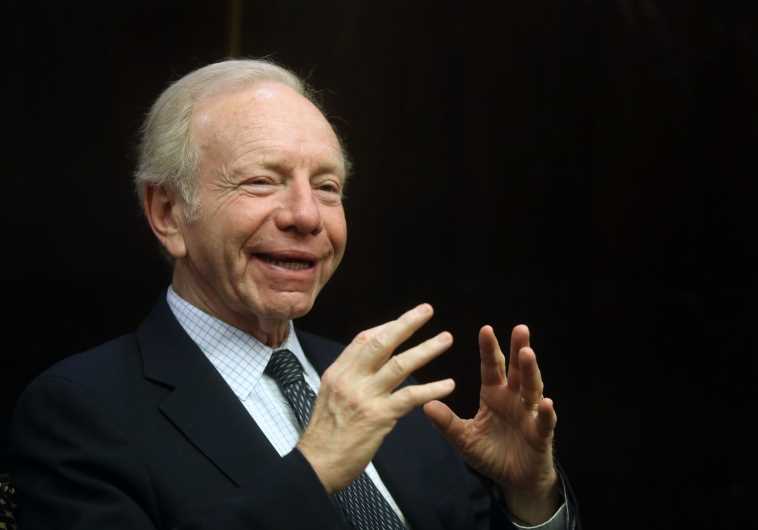Joe Lieberman: 'US heading for temporary solution to Iran nuclear threat'
The former senator also called for President Obama to order construction of new American Embassy in Jerusalem, calling its absence an "anomaly."
 Former US Senator Joe Lieberman(photo credit: MARC ISRAEL SELLEM)
Former US Senator Joe Lieberman(photo credit: MARC ISRAEL SELLEM)